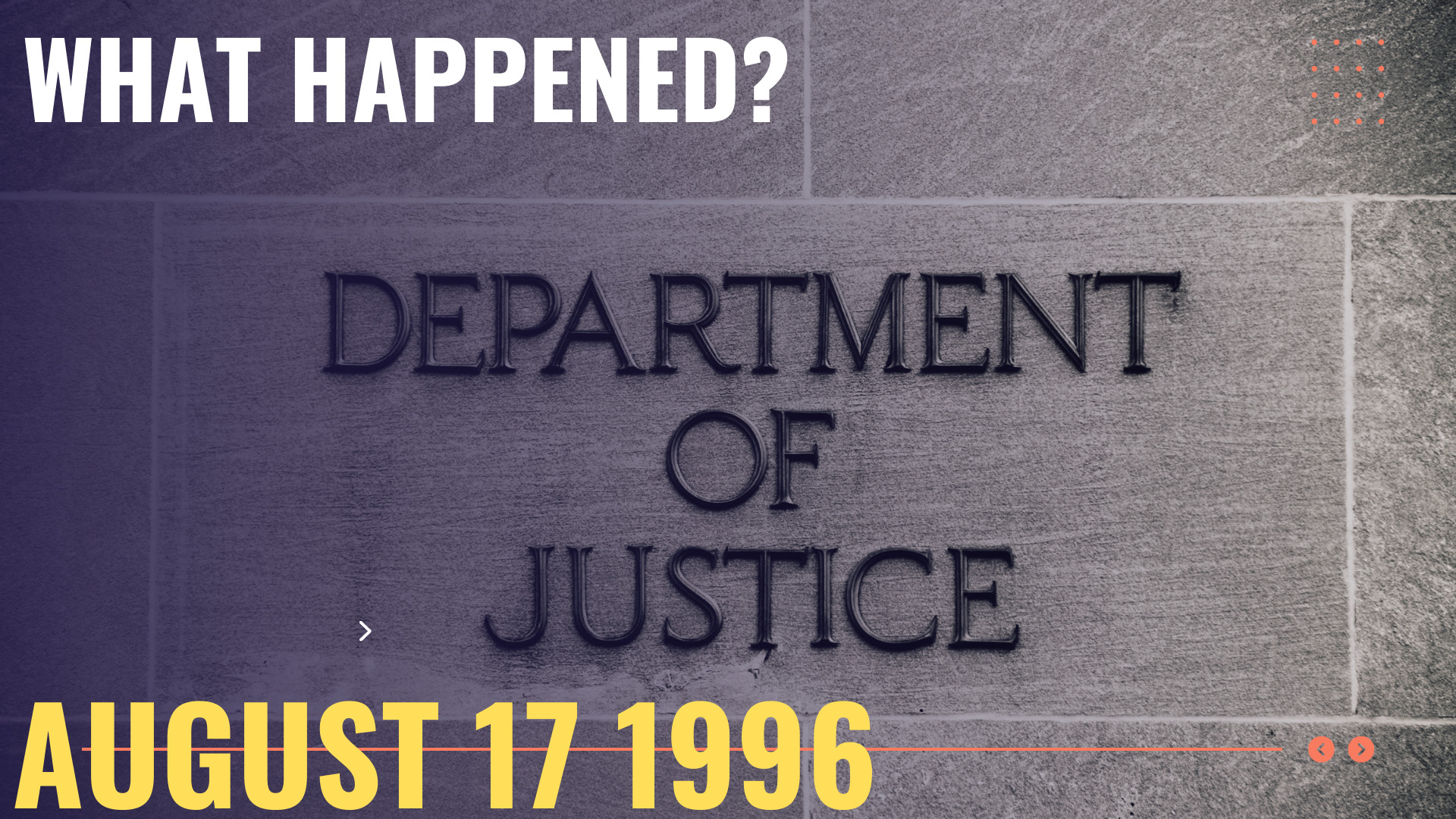The Day the Digital Wall Crumbled: A Crucial Business Cybersecurity Lesson from the 1996 DOJ Hack
So, let’s paint a picture: It’s the pre-dawn hours of August 17, 1996. Most of America is still deep in slumber, dreaming away the night. But a nightmare unfolds at the United States Department of Justice’s (DOJ) digital command center.
Someone, some group, some entity had penetrated the DOJ’s website, the digital face of justice in the nation. But this wasn’t some random act of digital vandalism. No, this was a pointed, political statement against the administration’s push to regulate the Internet.
The Immediate Aftermath
System administrators had picked up on this brazen breach by the time the sun rose. Immediate actions were taken, pulling the page from the net, and working against the clock to patch up any perceived vulnerabilities. But here’s the thing: while the technical folks at the DOJ were swift to respond, the site remained offline until August 19th. Two whole days, guys!
The Business World Watches and Learns
If you’re in the corporate sector, you might think, “Okay, it’s the government. They’re always a few steps behind in tech.” But let me stop you right there. This incident at the DOJ wasn’t just a government blip but a screaming siren for businesses everywhere.
If an institution as significant as the DOJ could fall prey to a hack, what did it mean for the average company? The stark reality was (and still is) this: No one is safe unless the right measures are in place.

So, What’s the Big Lesson Here?
I’m glad you asked! This incident underscores two primary pillars of robust cybersecurity for businesses:
- Proactive Defense: Prevention, as they say, is better than cure. Training your staff about the threats and having the right tools and software is key. Just think about it – would you rather spend resources on training or fixing a PR nightmare after a major breach?
- Swift Response Protocols: Okay, let’s face reality – sometimes, despite the best measures, things go south. But how quickly and effectively you respond can make all the difference when they do. The DOJ might have taken the site down fast, but their recovery time left much to be desired.
Bringing it All Together
The 1996 DOJ hack isn’t just a page from history. It’s a lesson. It’s a case study. It’s a stern reminder that cybersecurity isn’t a luxury or an afterthought in our interconnected, digital-first world. It’s an absolute necessity.
To all businesses, big or small, tech-savvy or not: take a moment to reflect on your cybersecurity measures. Are you prepared? If the DOJ’s misadventure tells us anything, it’s that when it comes to cybersecurity, it’s always better to be safe than sorry.



